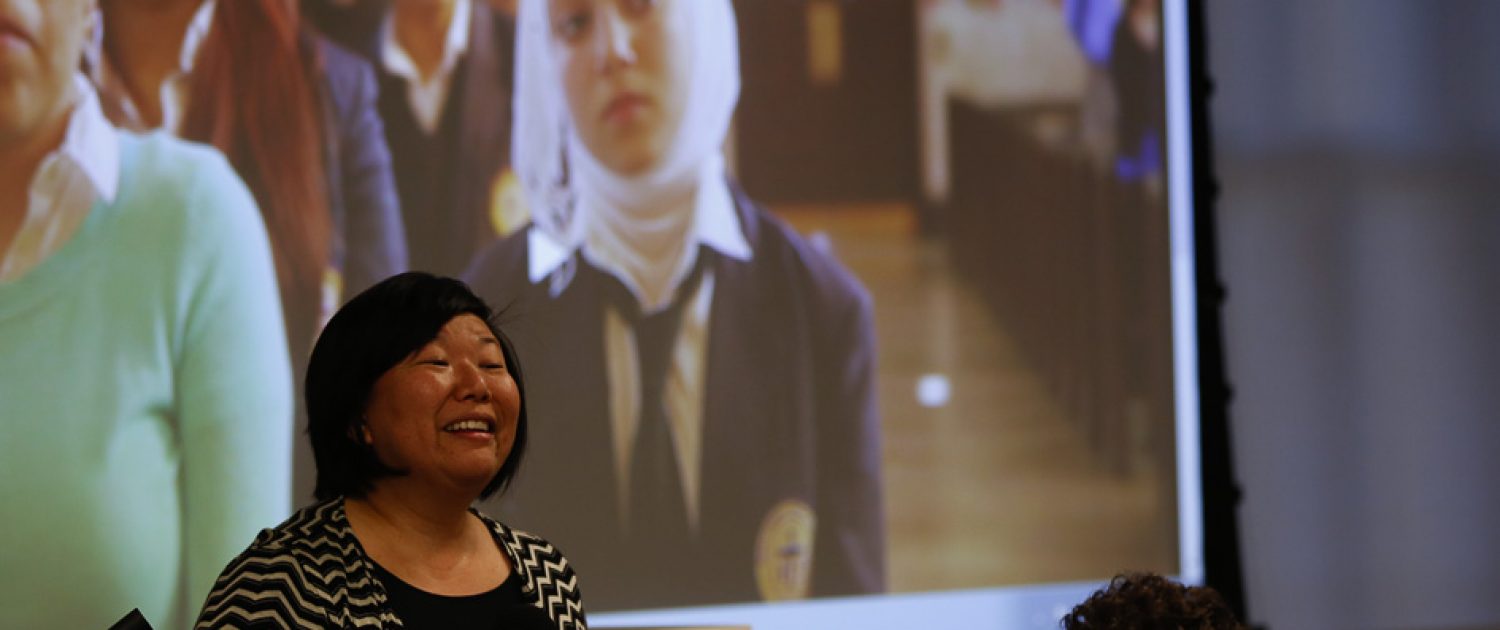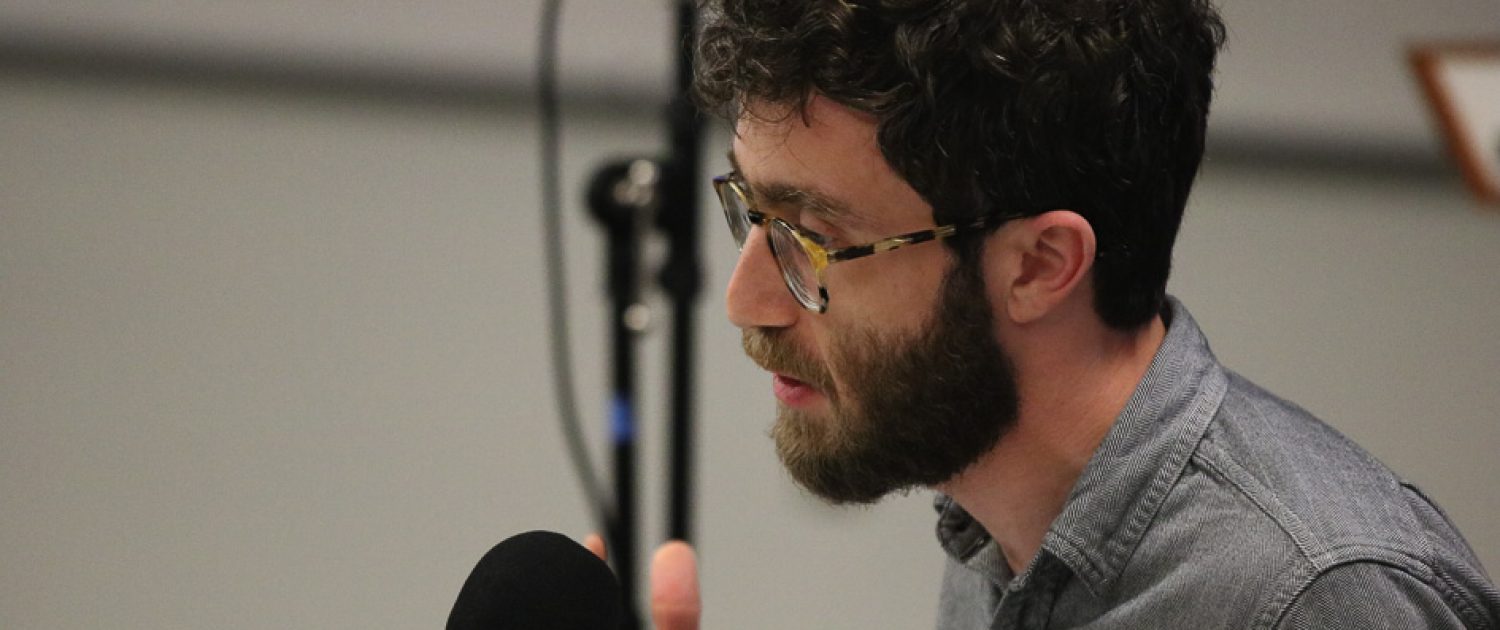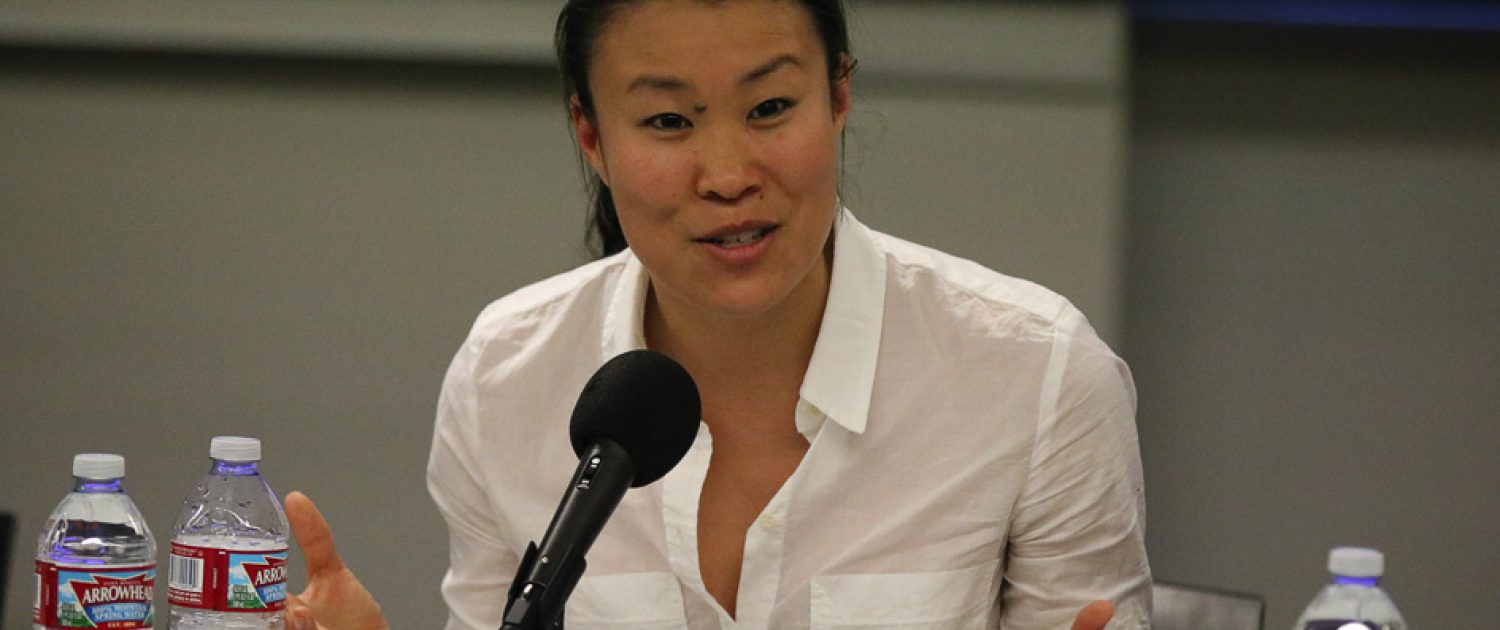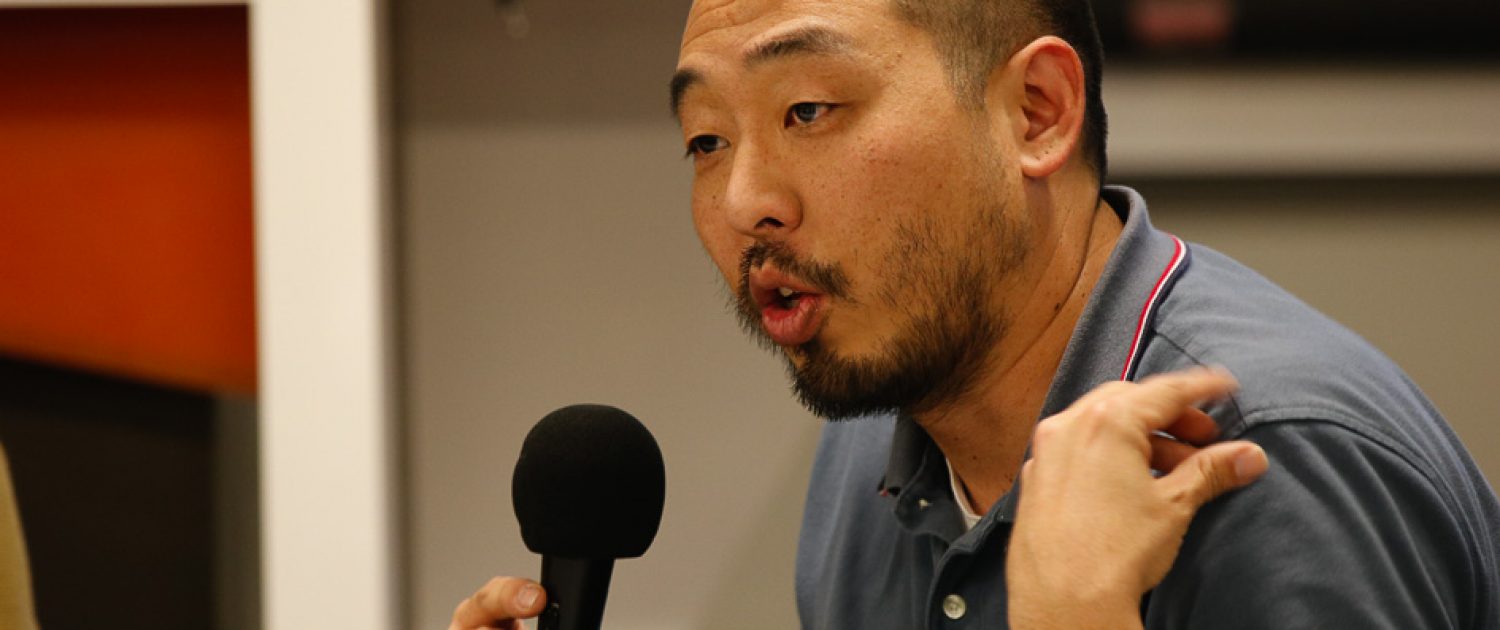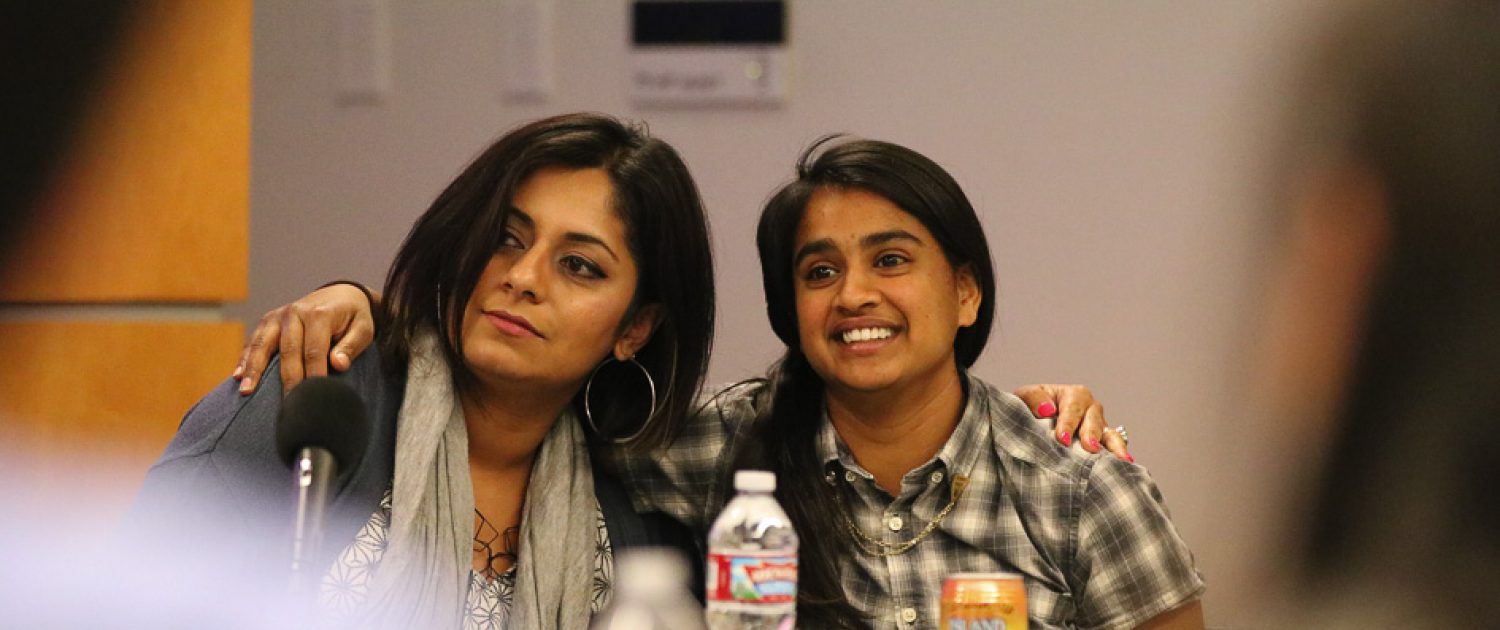George Takei Delivers Keynote Address at Commencement for UCLA Luskin Graduate Students The pioneering actor, bestselling author and advocate for human rights spoke at a June 10 ceremony for the School’s master’s and doctoral students
Actor, social justice activist and bestselling author George Takei gave the keynote address at the 2022 commencement ceremony for graduate students at the UCLA Luskin School of Public Affairs.
With decades of success on screen and stage, along with a natural eloquence and sharp wit, Takei has used his platform to advocate for civil rights and LGBTQ equality, and to educate his audience about U.S. internment camps for Japanese Americans, where he and his family were held during World War II.
Takei’s commencement address took place inside UCLA’s Royce Hall at a ceremony beginning at 9 a.m. on Friday, June 10. Master’s and doctoral degrees were conferred on the Luskin School’s public policy, social welfare and urban planning graduates.
“George Takei is a pioneer,” said Gary Segura, dean of the Luskin School. “His life story is one of perseverance amid the darkest forces of discrimination. Not only did he prevail, he used his voice to speak out on behalf of others facing deep injustices.”
Takei, who earned bachelor’s and master’s degrees in theater at UCLA in the 1960s, has appeared in more than 40 feature films and hundreds of television roles. He is best known for his role as Lt. Hikaru Sulu in “Star Trek,” the groundbreaking sci-fi series that featured a multiethnic cast and a plot centered on peace among all peoples.
Takei is also the author of several books, including the New York Times bestselling graphic memoir “They Called Us Enemy,” released in 2019. The book gives a wrenching account of the thousands of Japanese American families, including his own, who were uprooted from their lives and forced into internment camps after the attack on Pearl Harbor in December 1941. Takei also inspired and starred in the Broadway musical “Allegiance” about his family’s experience under internment.
Long an activist in the Asian American community, Takei is chairman emeritus and a trustee of the Japanese American National Museum, and has served as cultural affairs chairman of the Japanese American Citizens League. Former President Bill Clinton appointed him to the Japan-U.S. Friendship Commission, and the government of Japan awarded him the Order of the Rising Sun, Gold Rays with Rosette, for his contribution to U.S.-Japanese relations.
A leading advocate for LGBTQ rights and marriage equality, Takei has served as the spokesperson for the Human Rights Campaign’s Coming Out Project. Takei and his husband, Brad Altman, made television history in 2009 when they became the first gay couple to appear on “The Newlywed Game.”
Takei has an enormous following on social media, which he uses as a platform to share his humor, weigh in on current events, and advocate for civil and human rights.
Among his current media enterprises is the web series “It Takeis Two,” which takes viewers into the personal lives of Takei and his husband. He also hosts the AARP-produced YouTube series “Takei’s Take,” exploring the world of technology, trends and pop culture, and is the subject of the documentary “To Be Takei.”
Learn more about the 2022 Commencements at UCLA Luskin.
